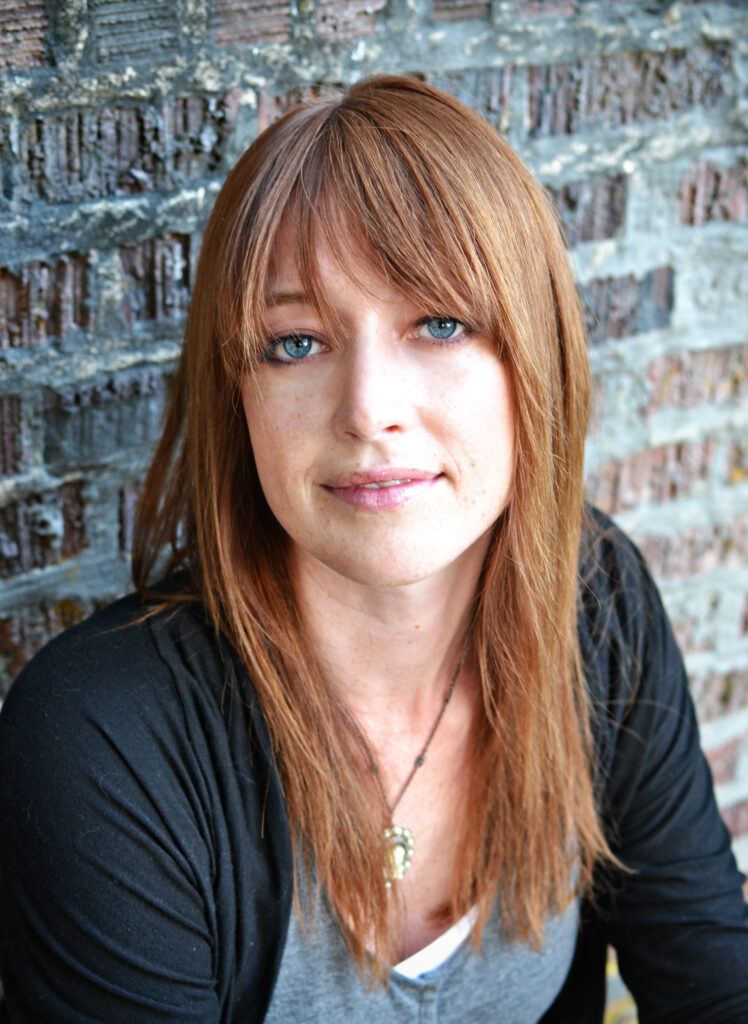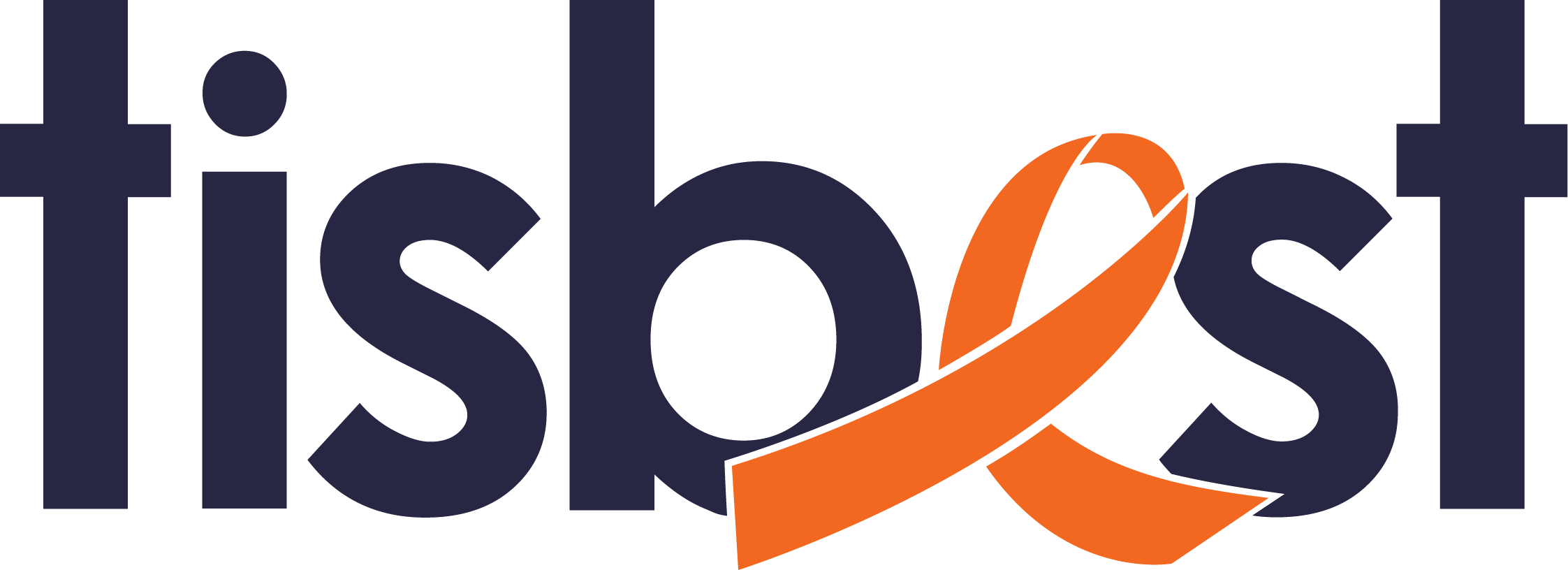How I met the Dalai Lama and decided to change the world

The lobby of the hotel was hushed, and there was an expectant hum of energy in the air that raised goose bumps on my arms. I shivered, though I wasn’t chilled, and checked my phone for the umpteenth time to make sure the camera was ready. We were the only ones in the room, others having been ushered out by a security team wearing sleek suits and coiled ear buds. Guards were posted next to each roped off entry point, and before long I could hear the wailing of a distant siren. A few moments later the motorcade snaked around a corner and began to pull up in front of the hotel. One, two, three black cars, all with red lights flashing. Four, five… I lost count. More cars were coming around the corner even as the first ones began to deliver their occupants under the watchful eyes of security and local police.

The California afternoon streamed brightly through the glass doors and my Seattle eyes, unaccustomed to such a brazen show of sunlight in the middle of winter, squinted as I searched for him in the crowd. He was almost inside before I spotted him; it was the robes—those warm maroons and golds—that finally caught my eye. Suddenly the doors opened and there he was: taller than I expected, but just as delicately poised as he appears in pictures and videos. His eyes were just as kind.
“Your Holiness,” my friend Dr. Doty boomed. With palms pressed together in front of his chest, he gave a slight bow. “We are so happy you are here. Thank you so much for coming.”
“Thank you,” said the Dalai Lama, or maybe he said, “It’s good to see you again.” My ears were suddenly stuffed with cotton and I couldn’t hear or think because he was coming my way, stopping briefly to shake hands with everyone in our small line, and then he was there, His Holiness the 14th Dalai Lama, standing in front of me with his hand outstretched.
There have been very few times in my life when I experienced a moment of razor-sharp clarity. I could count them on one hand: the birth of my first daughter, the moment my lover proposed, an entire afternoon spent drinking tea with a Tibetan refugee in the back of his tiny shop (that’s a story for another day). The moment I took the Dalai Lama’s hand everything became still and silent and achingly, beautifully clear. I was suspended in space and time and nothing existed but the feel of his smooth, warm palm, his strong fingers wrapped gently around mine.
It lasted only a split second; he released my hand and greeted the rest of our group, and then was quickly shepherded to his room where he would soon retreat into his evening meditation.
I tell you this story because a shift happened in me the moment I met His Holiness. There was a subtle but firm click, like a railroad switch that quietly sends the train down a parallel set of rails. The view was the same, but it was clear that I was headed now to a completely different destination.
I was blessed to be in the room that day thanks to a serendipitous set of circumstances that began when I spoke at the inaugural Compassion and Technology conference at Stanford University last December. The TisBest DiscoverGiving program had been chosen as one of ten compassionate technology contest finalists, and the contestants had been flown in from all over the world to share about our work during the conference in Palo Alto.
This was an exceptionally challenging experience for me. As an avowed introvert, my comfort zone is less “let’s talk face to face about what I’ve been up to,” and more “I’m just going to read some stuff quietly for awhile and then maybe send you an email.” I break out in a cold sweat when making a toast to a small group of close friends, so the thought of standing at a podium in front of hundreds of academics had me almost completely immobilized. It took all of my strength to walk up to the microphone as I was being introduced, and there was a moment as I stood there before this sea of expectant faces where I was certain I would not be able to speak. Various implausible escape plans whipped quickly through my mind, but then something amazing happened. I found that not only could I speak, but that I was eager to. My passion for the DiscoverGiving program suddenly outweighed any fear I felt at that podium, and I began to tell a story I believe in deeply: that every child has the ability to make a difference in the world.
The research that went into creating our philanthropy education program is in overwhelming agreement on several important points, which became the backbone for our elementary school curriculum:
1) Giving makes kids happy, and talking to kids about giving makes them more likely to do so
2) Practicing prosocial behaviors such as generosity is directly connected to later academic achievement
3) Altruism is contagious, affecting others up to three degrees of separation (from person to person to person to person)
Using TisBest Charity Gift Cards as a tool, we developed a set of innovative activities that teachers can use in the classroom to give students a hands-on experience with philanthropy, which the DiscoverGiving program defines as “sharing time, talent, or treasure to create positive change.”
Let’s do a perspective-taking exercise. Imagine, for a moment, you’re 10 years old. Your life is full of challenges that are completely beyond your control. Maybe your parents have recently divorced. Maybe your family is quite poor, unable to buy the new shoes you so desperately want. Maybe your mom packed celery sticks in your lunch, even though she knows you think celery is the grossest thing on earth. Every day decisions are made for you, and most likely you feel a little bit powerless. Now imagine someone asks you, “Hey kid, what can you do today to make a difference in the world?”
How would you respond?
If you’re like most kids, you’re going to stare blankly at that person and wonder why they’re talking crazy. It’s not that you don’t want to do great things, but what can you do? You’re just a kid! The DiscoverGiving program turns that argument around, helping children recognize their awesome and unique power to make a difference. Beginning with a conversation about ways they already practice philanthropy in their daily lives (donating pennies, volunteering at church, helping out in a younger classroom at school), students are then given the opportunity to make a real donation to a cause they feel passionate about using a $1.00 TisBest Charity Gift Card. The teacher then guides students through activities and discussion topics that further explore opportunities to make a difference in the world, each designed to comply with the new Common Core State Standards.
As I stood at the podium at Stanford, talking about this incredible program, I felt myself buoyed by the support in the room. When the conference was over I was mobbed by people, some with tears in their eyes, who were just as excited as I was about the program’s potential to empower students. But like anyone who works for a nonprofit, working endless days with a small staff and a program that desperately needs funding to survive, I started to feel exhausted and discouraged soon after retuning home from Stanford.
We’d had some tiny wins (every time a new kit was sponsored was cause for celebration) and some massive setbacks (our research proposal was rejected by an already overwhelmed school district), and frankly I was feeling a little bit powerless myself, not unlike the kids the DiscoverGiving program seeks to reach. So when I found myself invited to return to California, this time to greet His Holiness the Dalai Lama when he arrived in town to speak at Santa Clara University, I accepted with relief. This was a once in a lifetime opportunity, and I hoped that the experience would give me a renewed energy to keep fighting for DiscoverGiving’s survival. I had no idea how deeply His Holiness would move me, or that I would return home from this trip fundamentally changed.
“We are all social animals,” His Holiness told the crowd of 4,000 who turned out to hear him speak at SCU, the day after I greeted him at the hotel. “We are all equipped with affection” for others and the “seed of compassion.”
Compassion, he said, shouldn’t be limited to a spiritual education, but should begin in “kindergarten, we must include teaching of compassion, the teaching of warm-heartedness,” he told us. His Holiness also teaches that compassion for ourselves is just as important as compassion for others. Compassion for our feelings, for our work, and yes, even our setbacks and failures, will bring “mental peace and mental comfort.”
As I listened to him speak, my hand still warm from the feel of his grasp the day before, something inside me began to unwind. I had been clinging so tightly to expectations for myself and for DiscoverGiving. I believe in it so completely, you see, that the fear of not reaching classrooms as quickly as I feel it should had begun to blind me to what His Holiness so gently reminded all 4,000 of us that day. The work we are doing is good. The work we are doing may not be easy, but if it helps bring compassion into the world, every step along the way–no matter how difficult–is worth taking.
My Tibetan shopkeeper friend tells me that feelings of discouragement and exhaustion are also part of enlightenment. Life, he says, happens in a way we never expect, and sometimes in ways we’d never wish.

“However,” he reminds me, his dark eyes gleaming in the dimly lit room at the back of his shop, “If Tibetans were never exiled, you would never have met His Holiness, and you and I would not be sitting here today, drinking tea and talking about compassion.”
I’m learning to let go of my limited ideas about success, and about what that means for my future and for DiscoverGiving. It’s true that I believe in this program, utterly and completely, and I believe that through the students it reaches great things will happen in the world. But it’s not up to me to decide how–or when–these things will happen. It’s my job to do the work, to share what I’ve learned, and to help students discover, one great big heart at a time, new ways to care about the world around them.
One of my very favorite quotes, which is sometimes attributed to His Holiness, is this:
“If you think you are too small to make a difference, try sleeping in a room with a mosquito.”
I do still believe that every DiscoverGiving student has the power to make a difference in the world. In fact, I think you can make a difference. And maybe I will, too. It may not happen exactly how we thought it would, but as long as we remember that our tiny little selves are sources of immense compassion, that we’re forces of such incredible good, it will help us to keep doing our important work. And we may just find ourselves inside a moment we could never have imagined, one as warm and full of endless possibility as the feel of a holy man’s palm gently pressed against our own.

Karli Anne Christiansen is the TisBest Director of Programs. Connect with her on Twitter @KAnneTweets
